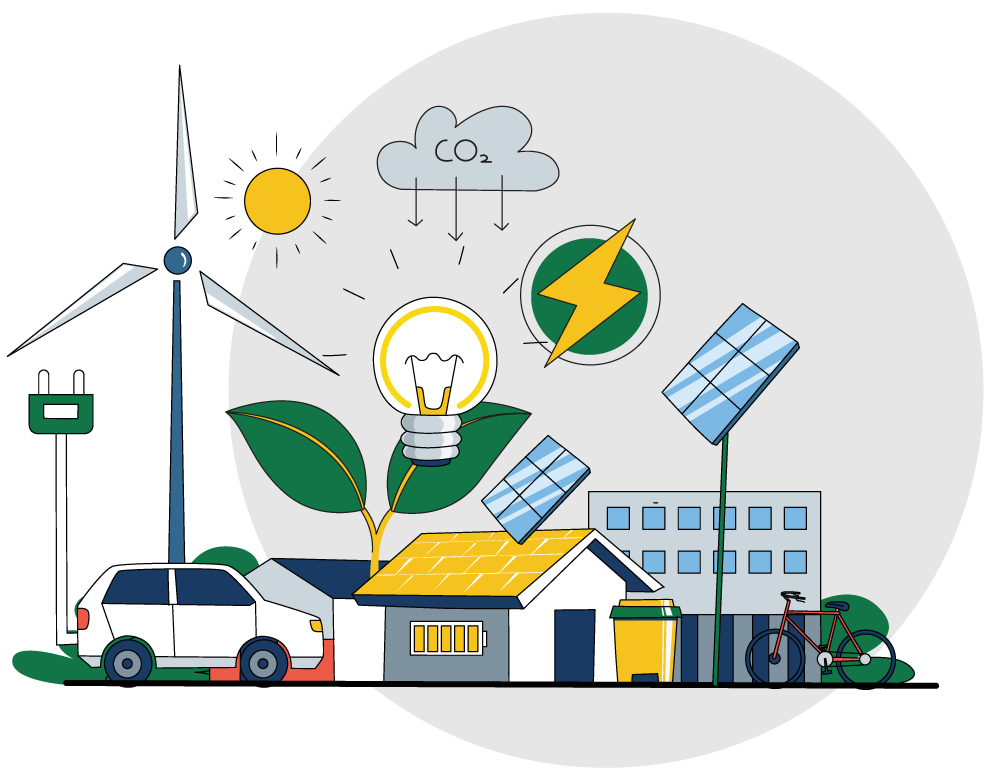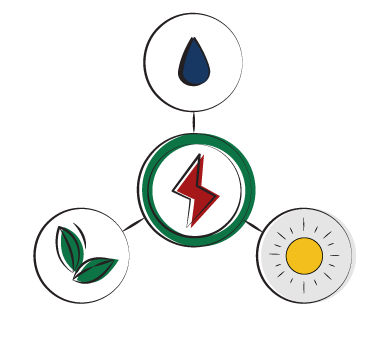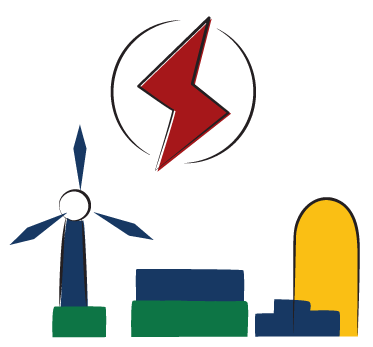Foundational Project
APPROACH TO AN INTEGRATED ENERGY POLICY IN INDIA


India has set itself to a net-zero transition by 2070, and other milestones, along the way. Against this backdrop,
the Energy Policies for India’s Conversion to a Net-Zero Economy (EPIC) report addresses one of the most
complex challenges facing India today – defining the policy environment that would open up potential energy
transition pathways for achieving India’s stated Net-Zero goals in a cost-effectively and inclusively.
There have been several attempts at developing an integrated energy policy. These have gone beyond intersectoral
issues and provided detailed suggestions on how sectoral issues need to be handled. The main drawback of
this approach is that since there is no common policy framework, substitution possibilities between the various
energy sectors and sources do not get addressed. Thus, given the fungible nature of energy sources, there is a
need for a policy framework that recognizes inter-fuel substitution possibilities and delivers optimal outcomes. It
is also essential as sectors like Power, Renewables, Transport, and Information Technology, where long-term planning
has been done traditionally in separate institutional setups, are now seen to be converging. There is a need to have
a holistic approach at policy, regulatory and market development levels to enable holistic growth.
Much can be done to improve operational efficiencies across various energy sectors and strengthen the well-targeted
reform initiatives of the Government of India to facilitate energy transition.
The report revisits and creates support for such opportunities in a select manner. It recognizes the larger narrative
in this transition, highlighting the unprecedented state engagement and therefore the abundant caution that needs
to be exercised to ensure that incentives are efficiently and transparently allocated and delivered. The report also
identifies the opportunities to take a coherent policy approach across the many sources energizing India and the
supporting institutional framework, while acknowledging the significant potential that exists to decouple energy
consumption from economic growth.
To navigate this complex array of issues, the report is divided into eight chapters that capture a sizeable part of
the economy from a demand and supply standpoint. This is followed by a chapter that captures the cross-sectoral
needs and suggests recommendations.
This publication draws upon a number of chapter submissions made under ACPET Project titled
“An Integrated Energy Policy Approach to India’s Net-Zero Commitments”.

Ensure high quality energy access with “Right to Energy.”

Highlight the use of energy in a sustainable manner noting India’s net zero commitment in 2070

Reduce fiscal burden on the Central/State exchequer in meeting the national energy agenda.

Utilize subsidies carefully to those sections of the economy that need them to either reduce risk or provide incentives for greater energy development.

Promote domestic sources of energy and bring down imports.

Ensure adequate energy to drive India’s economic growth

Provide an attractive investment regime for deployment of private capital.

Promote India as a manufacturing hub for new energy.

Identify issues/subsectors on which detailed policy statements need to be drawn out by the Government.
A report on the “Approach to an Integrated Energy Policy” in India | Energy Policy Dialogue Series at Ashoka
Project Coordinator: Mr. Vaibhav Chowdhary
Anil Kr Jain, Chairman PNGRB
Rakesh Kacker, Advisor ACPET
Saurabh Kumar, Ronnie Khanna, GEAPP
Mahua Acharya,C-Quest Capital
Sourav Pal, Ashoka University
Tanmay Tathagat, EDS
O P Agarwal, Professor of practice, IIT Rourkee
Vikas Ranjan, Pledge4Earth
Ankit Jain, GDI Partners
Koyel Mandal, Shubhashish, Shakti Foundation